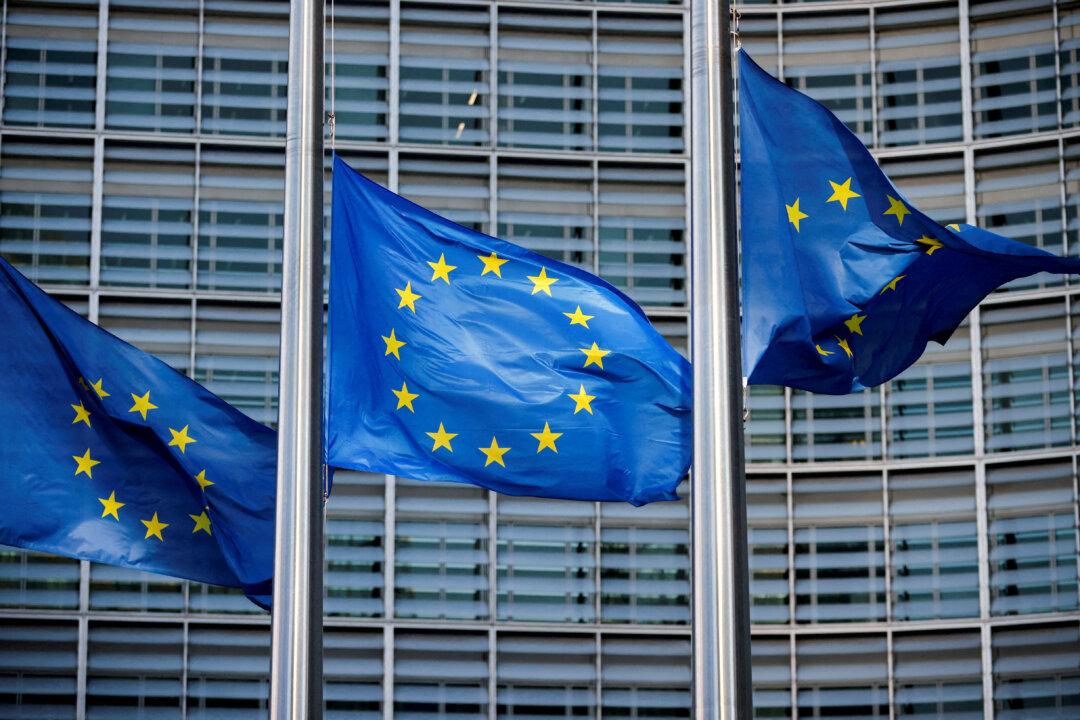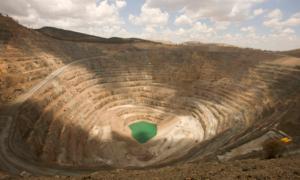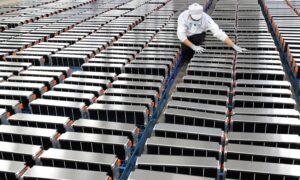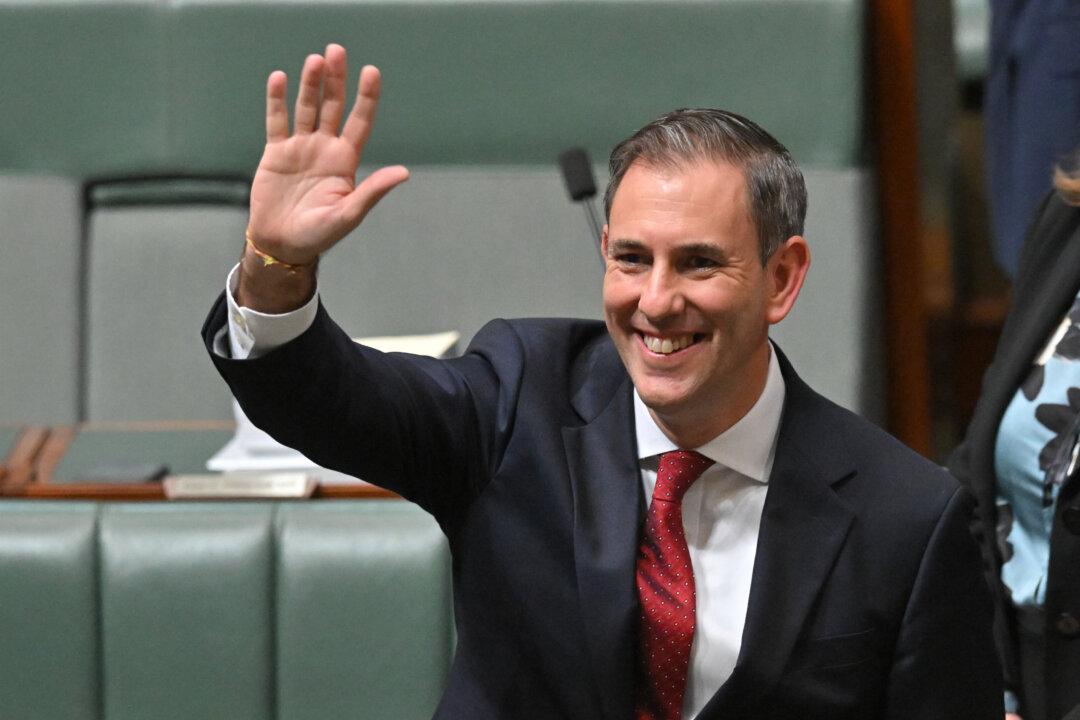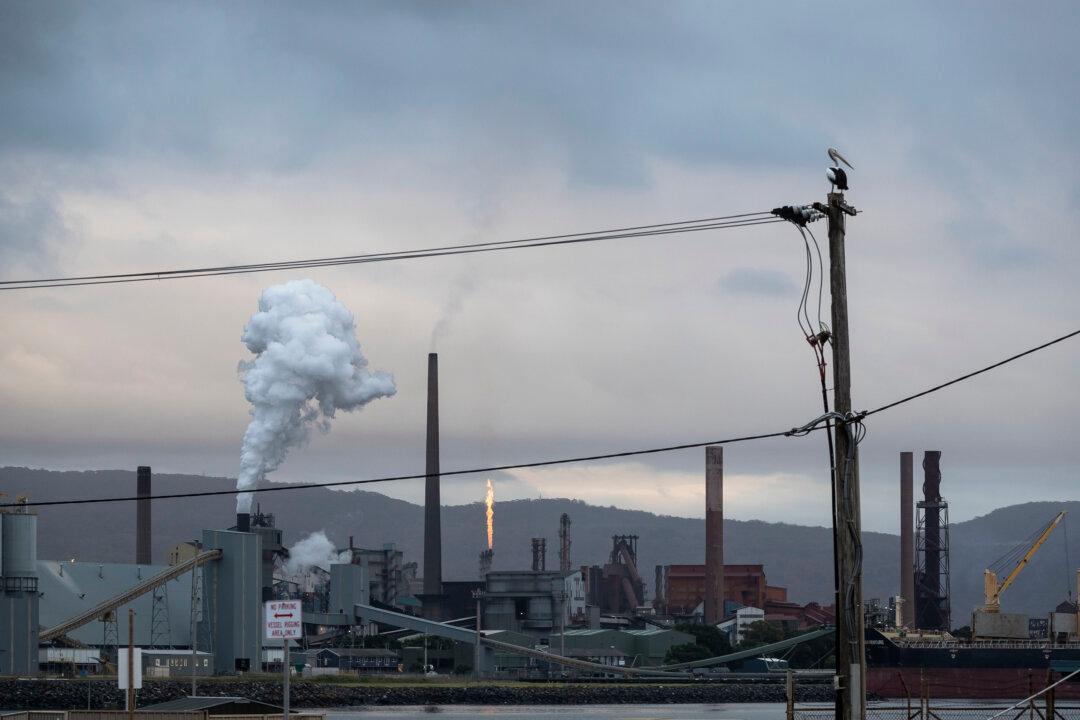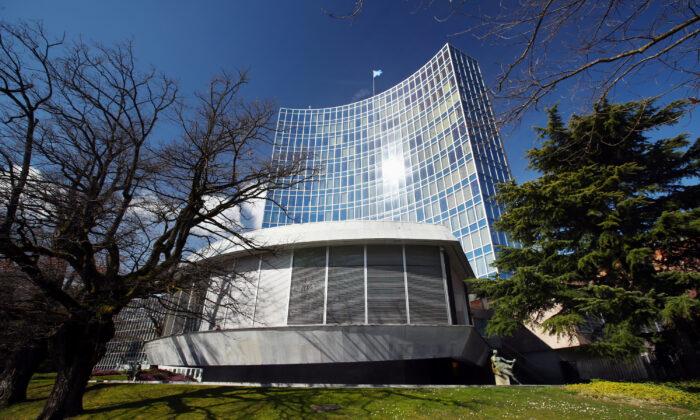The EU and Australia signed a Memorandum of Understanding (MoU) to ensure the future supply of sustainable critical minerals, making shared commitments to building vital supply chains.
With the primary goal of linking secure and sustainable critical minerals supply chains between the EU and Australia, both countries recognise this move as a means of accelerating their net zero transition objectives.
“Australia is a like-minded partner and a global leader when it comes to critical raw materials. This partnership marks a major step forward in our efforts to secure a more sustainable supply of critical raw materials for the EU, whilst fostering investment in Australia,” Executive Vice-President and Commissioner for Trade Valdis Dombrovskis said.
The initiative further seeks to diversify the EU’s supply while boosting Australia’s local critical minerals sector boost investments in building resilient and sustainable critical and strategic minerals value chains.
Both countries will work on environmental, social and governance (ESG) matters to help acknowledge market opportunities, promote stable and sustainable critical minerals production, and improve policy alignment.
In addition to project developments along the entire value chain linking the EU and Australia, the partnership also entails collaboration on reducing environmental impacts and benefiting local communities. This includes research and innovation as well as bolstering mining services.
“Investment from our international partners is vital to achieving Australia’s full potential as a renewable energy superpower—and helps create more secure well-paid jobs for Australians,” Trade and Tourism Minister Don Farrell said.
Mr. Farrell and Minister for Resources Madeleine King reiterated Australia’s commitment to becoming a clean energy superpower by 2030 through the Albanese government’s $22.7 billion Future Made in Australia package.
Following the establishment of the MoU, the EU Commission announced that a roadmap detailing concrete collaborative actions will be developed to implement the strategic partnership over the next six months.
“I trust the signature of this partnership will send a strong message across the entire raw materials ecosystem in the EU and in Australia. It will boost cooperation, investments, and businesses opportunities. We aim for more sustainable and responsible production and real industrial integration of value chains between the EU and Australia, supporting competitiveness,” Commissioner for Internal Market Thierry Breton said.
“We now need to move forward swiftly and work together with governments and private sector to unlock the full investment and business potential.”
The agreement comes amid increasing concerns about China’s supply dominance for critical minerals. For instance, the EU imports 98 percent of its rare earths supply, 93 percent of its magnesium, and 97 percent of its lithium needs from China.
As such, the deal with Australia is deemed strategic. The country contributes 52 percent of global lithium production while also producing minerals necessary for the net zero transition, including cobalt, copper, manganese, nickel, and rare earths.
Australia also has the potential to extract gallium and germanium, of which China produces 80 percent and 60 percent of world production, respectively.
“Australia has some of the largest deposits of critical minerals on earth—minerals that are necessary parts of everything from electric vehicles to wind turbines,” Mr. Farrell said. “Our partnership will encourage investment from the EU into Australian renewable energy projects.”
